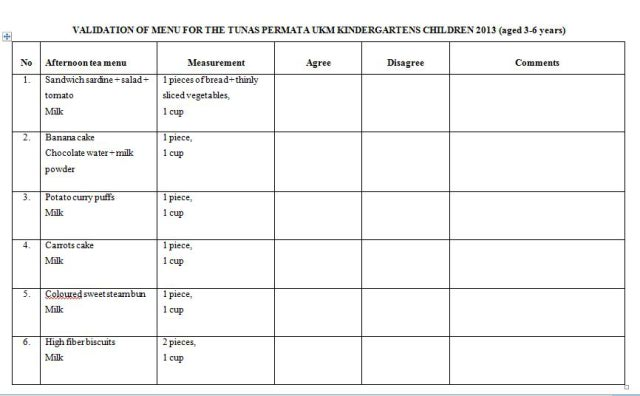Diabetes and Beta-Blockers: What You Need to Know
Beta-blockers are medications commonly prescribed to manage high blood pressure, irregular heartbeat, and other conditions. While these drugs can be effective, individuals with diabetes should exercise caution when using beta-blockers due to potential interactions and side effects. Here's what you need to know:
1. Masking Symptoms of Hypoglycemia:
Beta-blockers can interfere with the body's natural response to low blood sugar (hypoglycemia). Normally, the body releases hormones like adrenaline, which causes symptoms such as sweating, palpitations, and anxiety. Beta-blockers can blunt these symptoms, making it harder for individuals with diabetes to recognize and treat hypoglycemia promptly.
2. Worsening Insulin Resistance:
Certain beta-blockers, such as propranolol and nadolol, have been associated with increased insulin resistance. Insulin resistance occurs when cells in the body become less responsive to the effects of insulin, a hormone that helps glucose enter cells for energy. Increased insulin resistance can lead to higher blood sugar levels.
3. Impact on Blood Sugar Control:
Beta-blockers can affect blood sugar control in different ways. Some beta-blockers, such as metoprolol, have minimal effects on blood sugar. However, others, like propranolol, may cause an increase in blood sugar levels. This is particularly important for individuals with type 2 diabetes, who are already at risk of high blood sugar.
4. Blood Pressure Considerations:
Beta-blockers are frequently prescribed to lower blood pressure. In people with diabetes, it is crucial to maintain good blood pressure control to reduce the risk of complications like kidney damage and eye problems. Therefore, the potential benefits of beta-blockers in controlling blood pressure should be balanced against their impact on blood sugar.
5. Alternative Medications:
If blood sugar control becomes a significant concern, your healthcare provider may consider alternative medications to manage your condition. This may include different classes of blood pressure medications or alternative strategies to control your heart rate and blood pressure.
6. Individualized Approach:
The effects of beta-blockers on blood sugar can vary among individuals. Regular monitoring of blood sugar levels is essential to assess the impact of beta-blockers and adjust medication or treatment plans as needed.
In summary, individuals with diabetes should be aware of the potential interactions and side effects of beta-blockers. Proper communication with your healthcare provider is crucial to find the best medication and management approach for your individual circumstances, ensuring both effective symptom control and optimal blood sugar management.
-
Nutritional Supplement while Dieting
QuestionHello, I read an article about dieting and h
-
Ready for a Change
QuestionHi there! I have finally woken from my fantasies an
-
How to curb an addiction?
QuestionMy mother and I are unhealthy, and we have an addiction t
-
ohh no :(
QuestionHey there, I need some quick information. I am female, 15
-
Water equivalent
QuestionHi! I have a silly question, but I really need to know th
-
Protein shakes and Creatine
QuestionIm 44, in very good shape except for a little tire round



